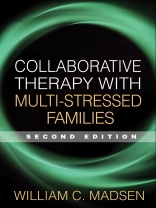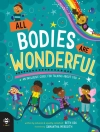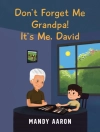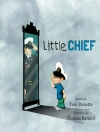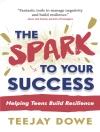This text and professional resource offers an alternative approach to thinking about and working with “difficult” families. From a nonpathologizing stance, William C. Madsen demonstrates creative ways to help family members shift their relationship to longstanding problems; envision desired lives; and develop more proactive coping strategies. Anyone working with families in crisis, especially in settings where time and resources are scarce, will gain valuable insights and tools from this book.
Inhaltsverzeichnis
Introduction: Reflective Practice in Frenzied Times
1. Working with Multi-Stressed Families: Recognizing the Importance of Relational Stance
2. What We See Is What We Get: Reexamining Our Assessment Process
3. Collaboration Is a Two-Way Street: Engaging Reluctant Families
4. Developing a Proactive Vision to Guide Clinical Work: Collaborative Therapy Contracts
5. Collaborative Inquiry: An Anthropological Approach to ‚Intervening‘ with Families
6. Examining the Relationship between Clients and the Problems in Their Lives
7. Helping Clients Shift Their Relationship to Problems and Develop Preferred Lives
8. Developing Communities to Support New Lives
9. Solidifying New Lives through Therapeutic Documents
10. Sustaining a Collaborative Practice in the ‚Real‘ World
Appendices: A. One Example of a Strength-Based Assessment Outline. B. Questions to Assess Externalized Problems Rather Than Families. C. Considerations in Collaborative Therapy Contracts. D. An Interview Outline to Consolidate Alternative Stories. E. Coauthoring Termination/Consolidation Summaries with Clients.
Über den Autor
William C. Madsen, Ph D, until his death in 2023, was Founder and Director of the Family-Centered Services Project in Watertown, Massachusetts, an organizational change initiative dedicated to helping state and provincial organizations and community agencies develop more respectful and responsive ways of serving youth and families. Dr. Madsen developed, administered, and consulted to many innovative programs. He provided international training and consultation regarding collaborative approaches to therapy and the development of institutional structures and organizational cultures that support family-centered work.
